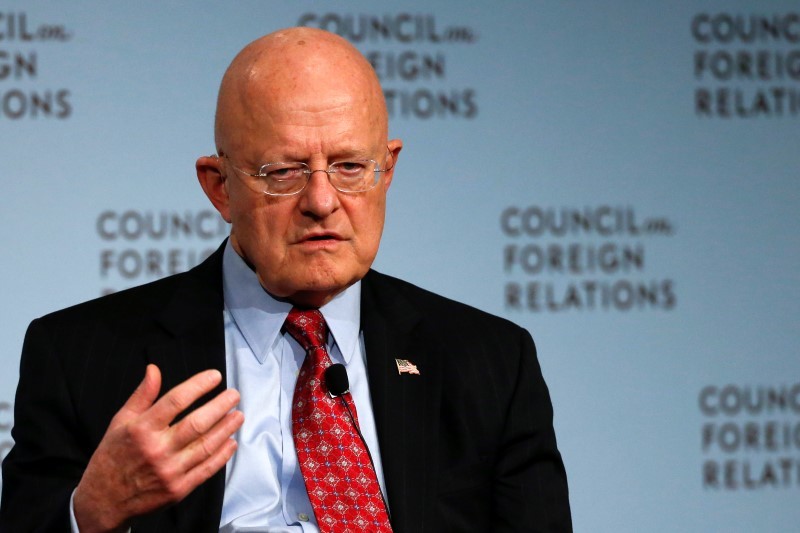
WASHINGTON (Reuters) – The U.S. House of Representatives overwhelmingly passed legislation on Friday broadening sanctions against North Korea, sending the measure to President Barack Obama to sign into law.
Lawmakers said they wanted to make Washington’s resolve clear to Pyongyang, but also to the United Nations and other governments – especially China, North Korea’s lone major ally and main business partner.
The sanctions would target not just North Korea but also those who do business with it.
The vote was 408-2, following a 96-0 vote in the Senate on Wednesday.
Impatient with what they see as Obama’s failure to respond to North Korean provocations, many of his fellow Democrats as well as the Republicans who control Congress have been clamoring for a clamp down since Pyongyang tested a nuclear device in January.
Pressure for congressional action further intensified after last weekend’s satellite launch by North Korea.
Obama is not expected to veto the bill, given its huge support in Congress. Ben Rhodes, his deputy national security adviser, said the White House would review the measure but does not oppose Congress’ efforts.
“I think this is an area where we and Congress are in the same space and agree on the need for increased sanctions,” Rhodes said at an event at the Center for American Progress on Thursday.
The legislation would sanction anyone who engages in, facilitates or contributes to North Korea’s proliferation of weapons of mass destruction, arms-related materials, luxury goods, human rights abuses, activities undermining cyber security and the provision of materials for such activities.
Penalties include the seizure of assets, visa bans and denial of government contracts.
Unusually, the measure makes most of the sanctions mandatory, rather than giving the president the option to impose them. He can temporarily waive them by making the case that doing so would threaten national security.
The House had backed the sanctions measure 418-2 in January, but the Senate included some new provisions, including cyber security measures, in its version, sending it back to the House.
(Reporting by Patricia Zengerle; Editing by Richard Cowan and Bill Trott)







